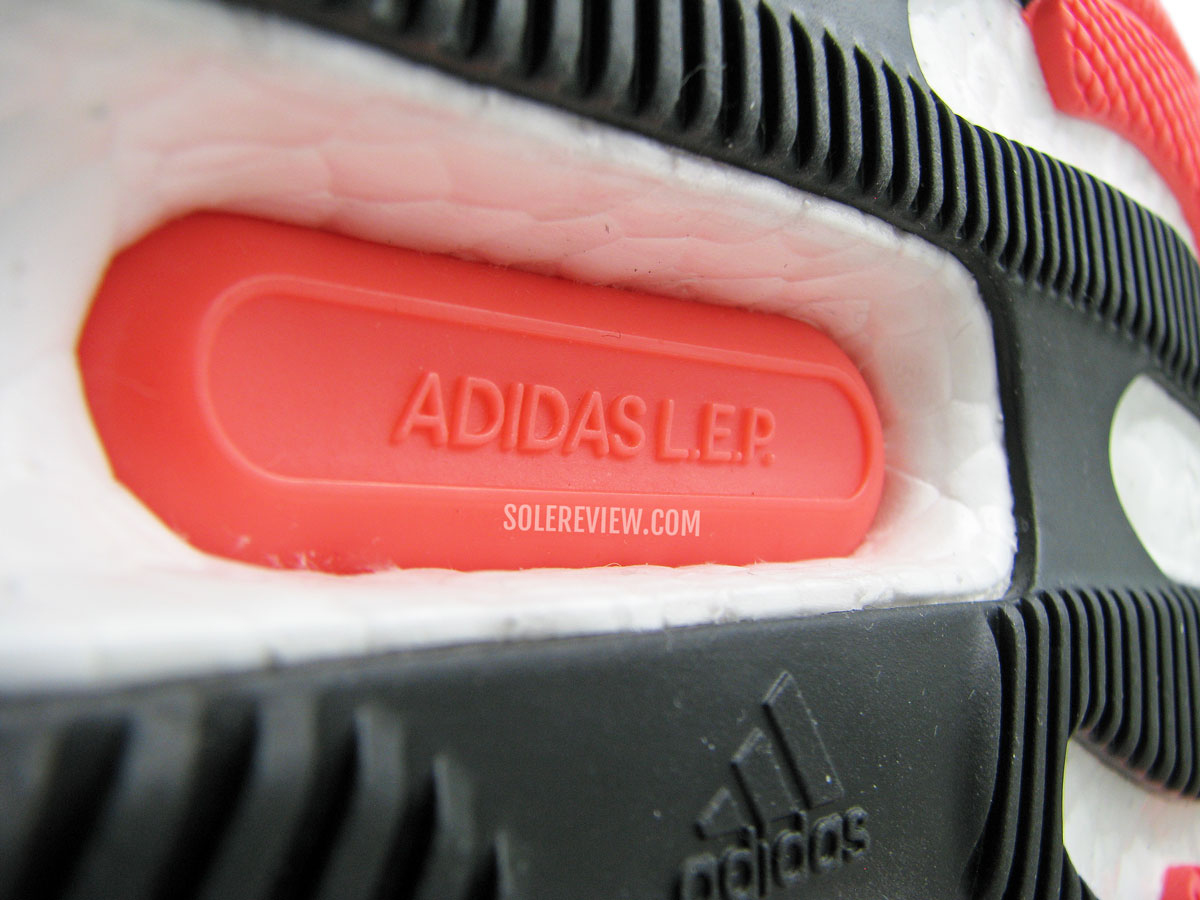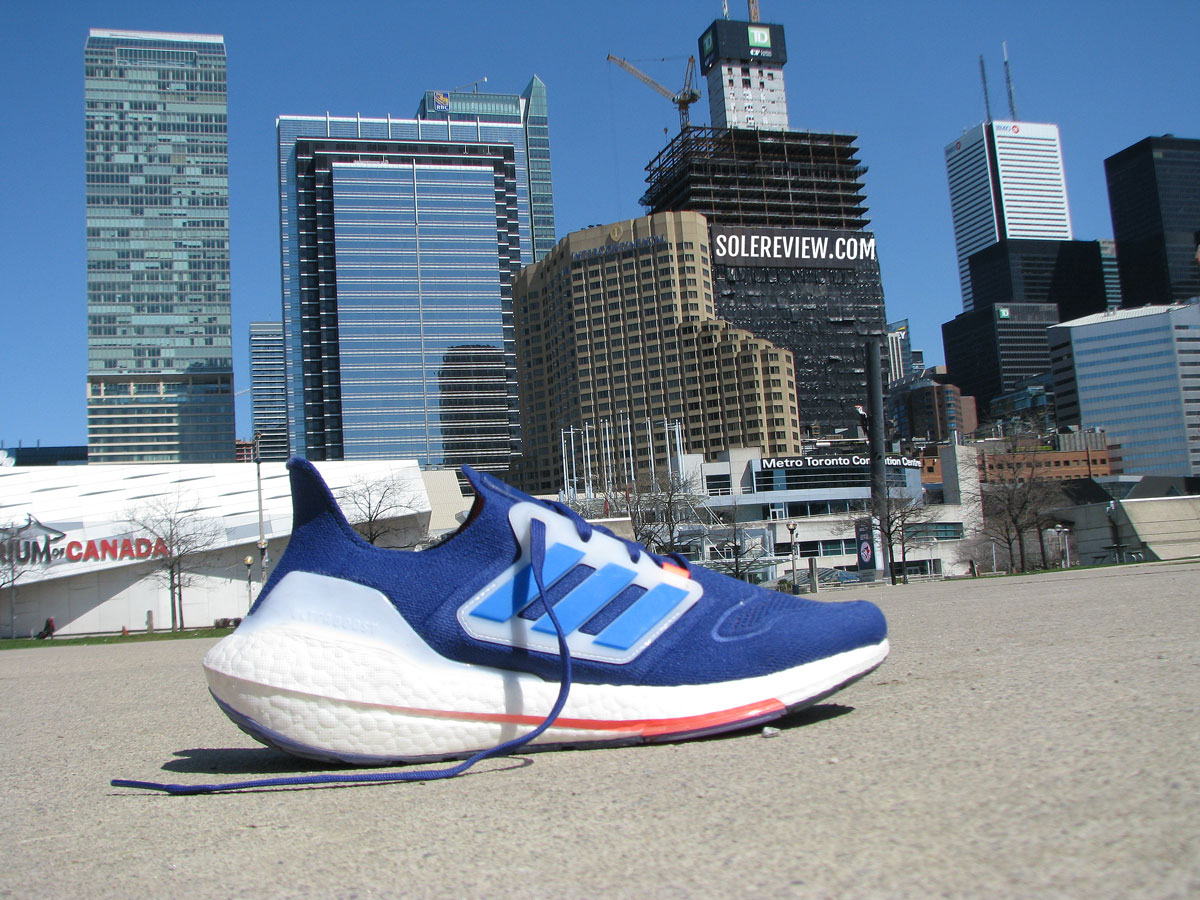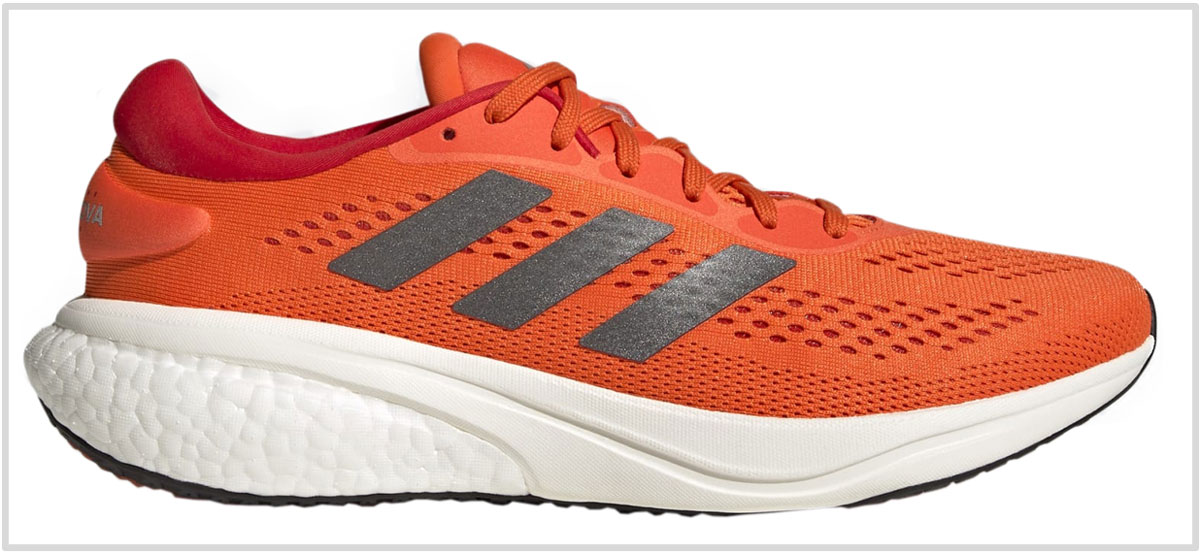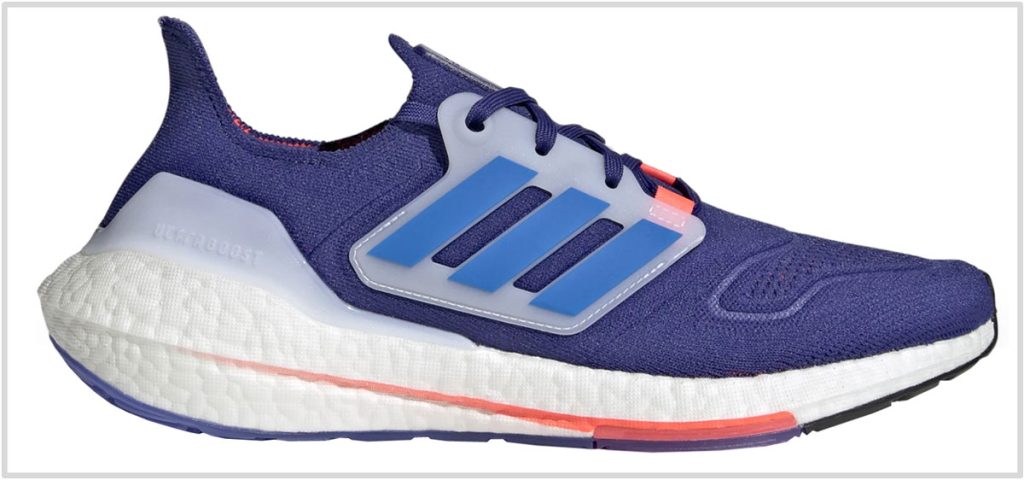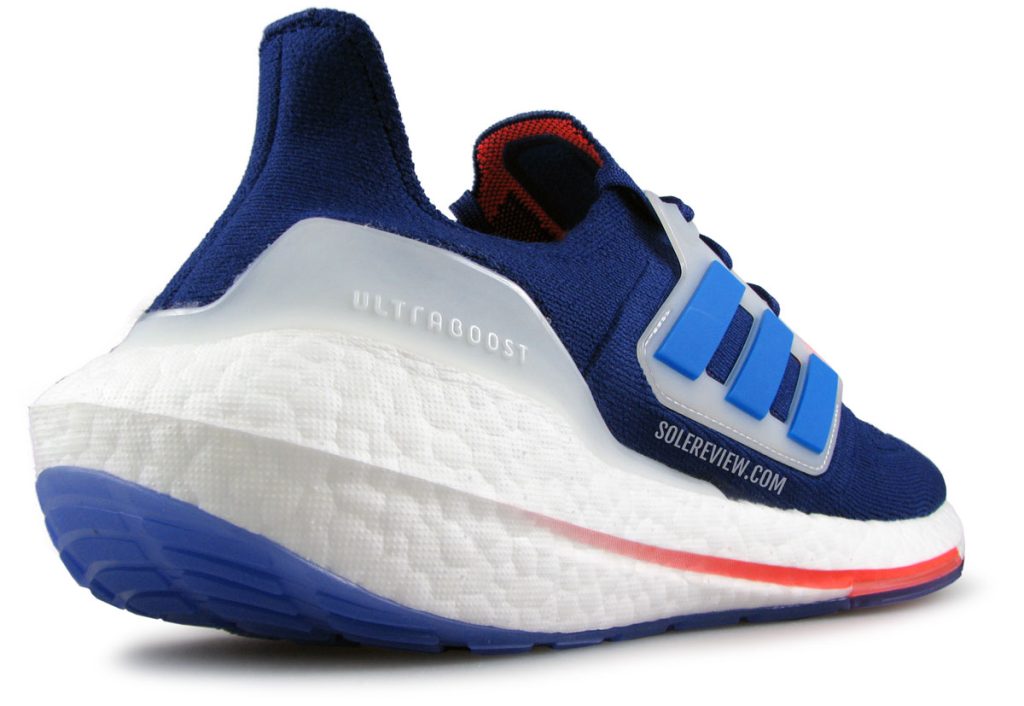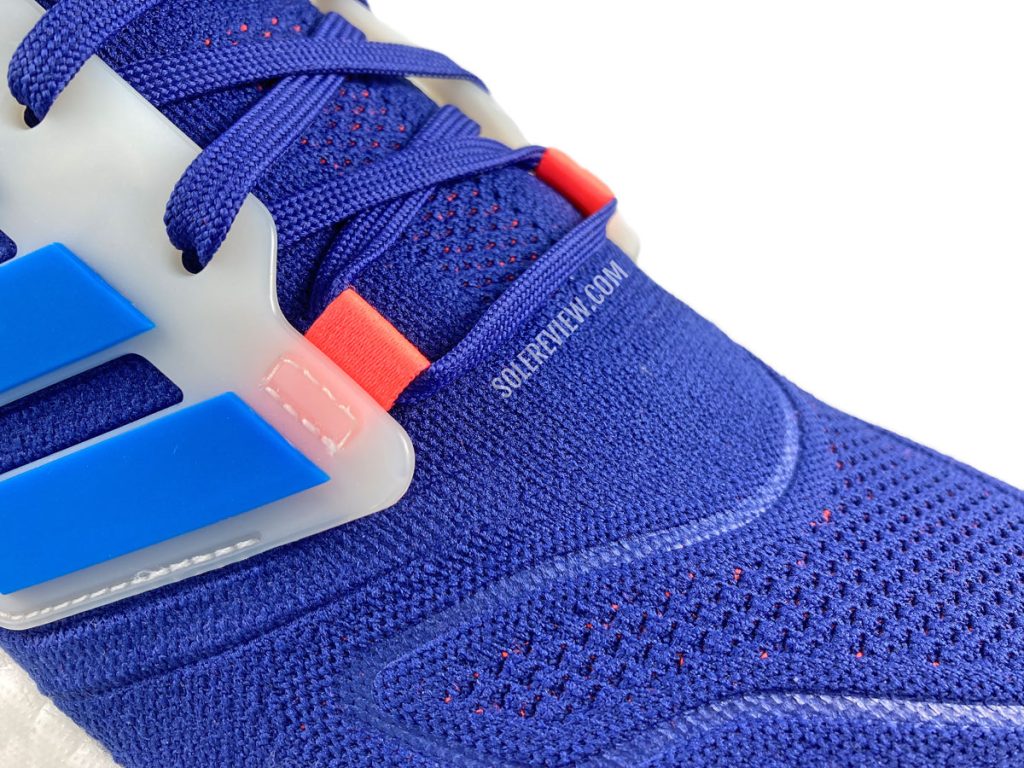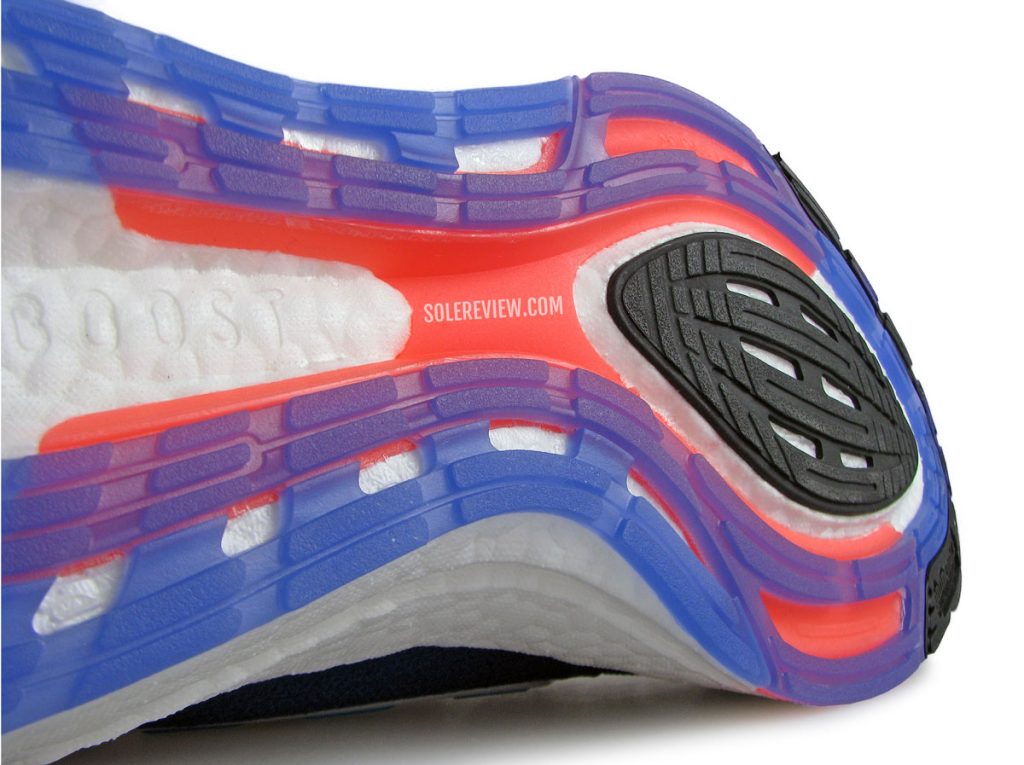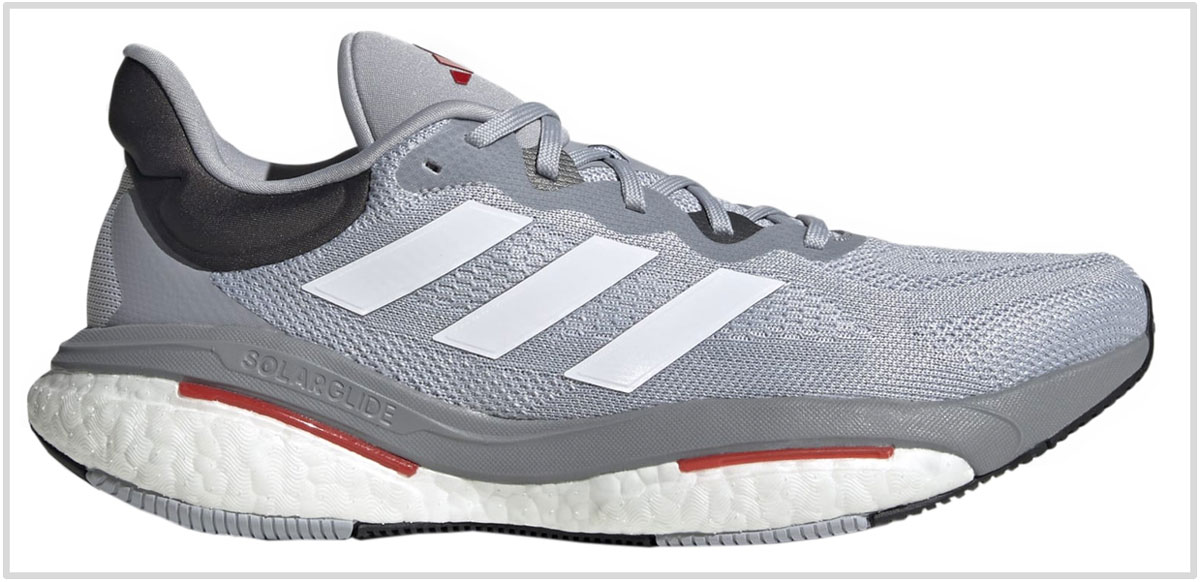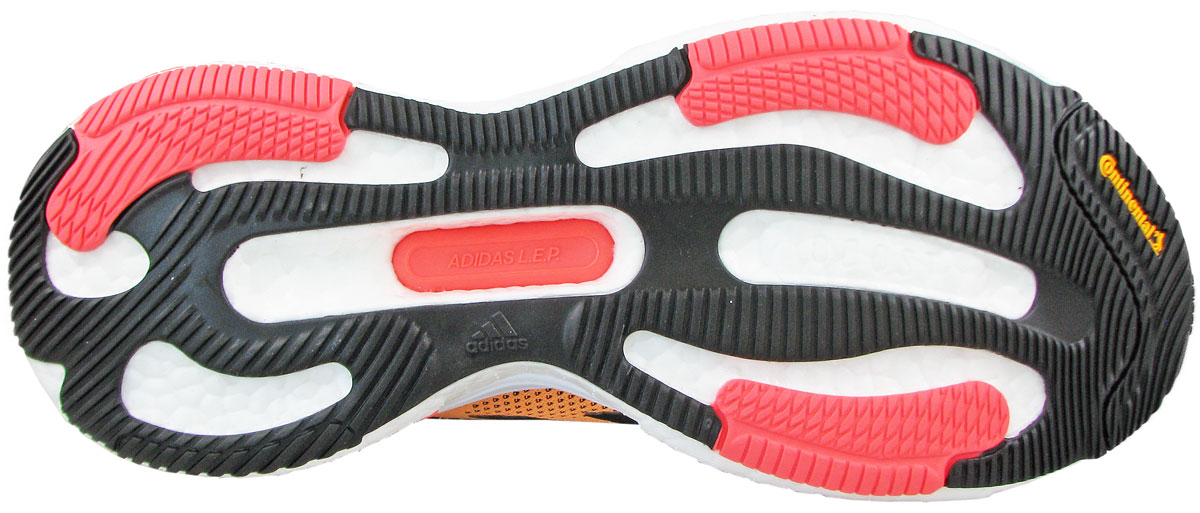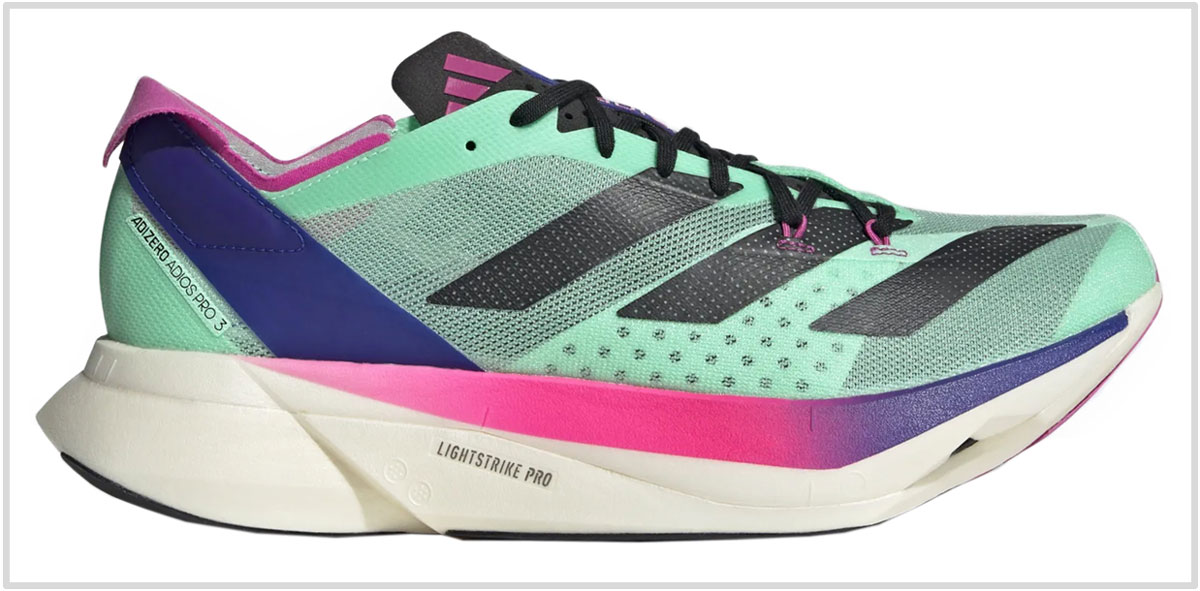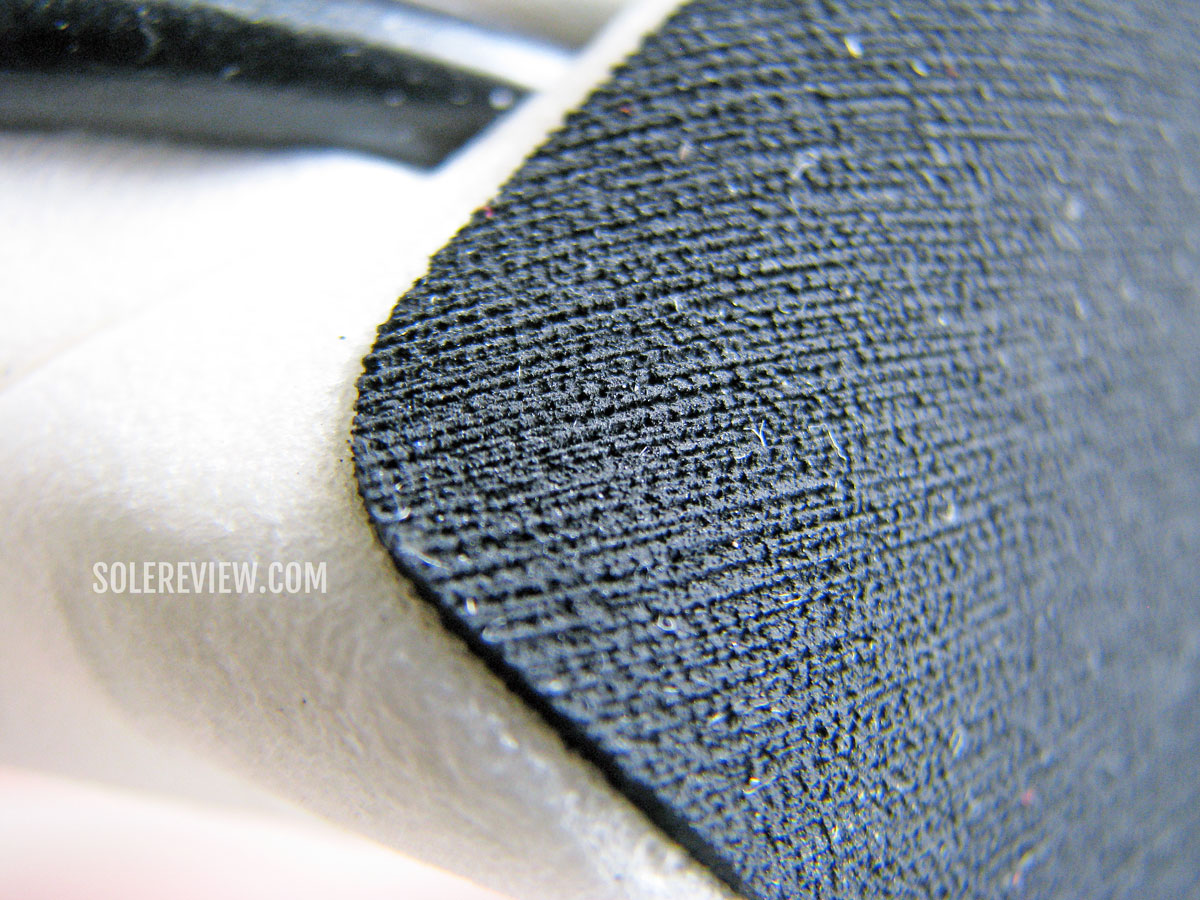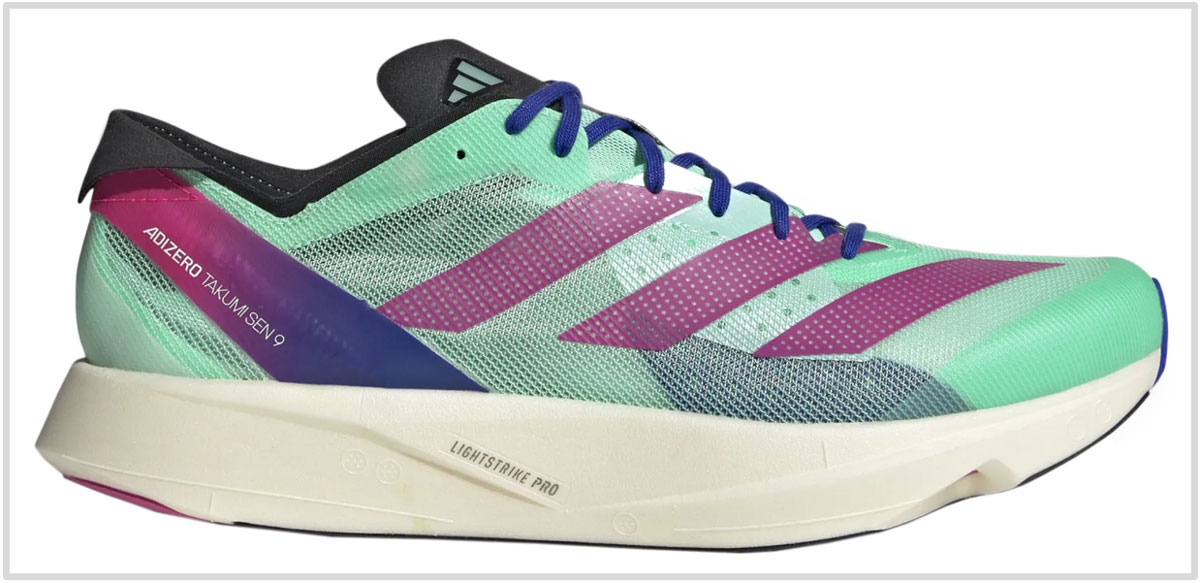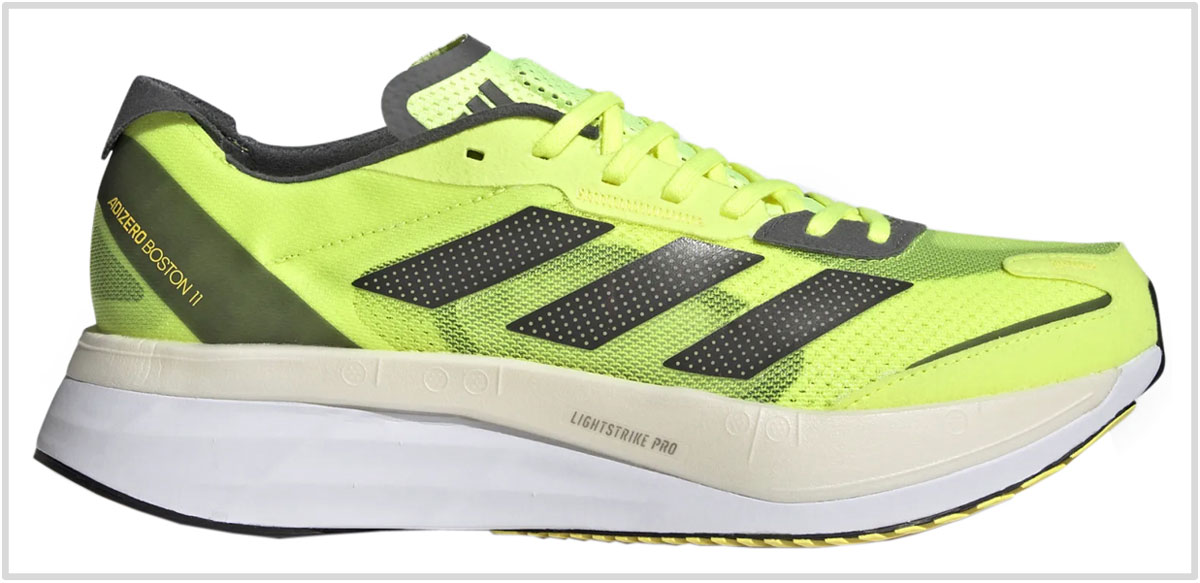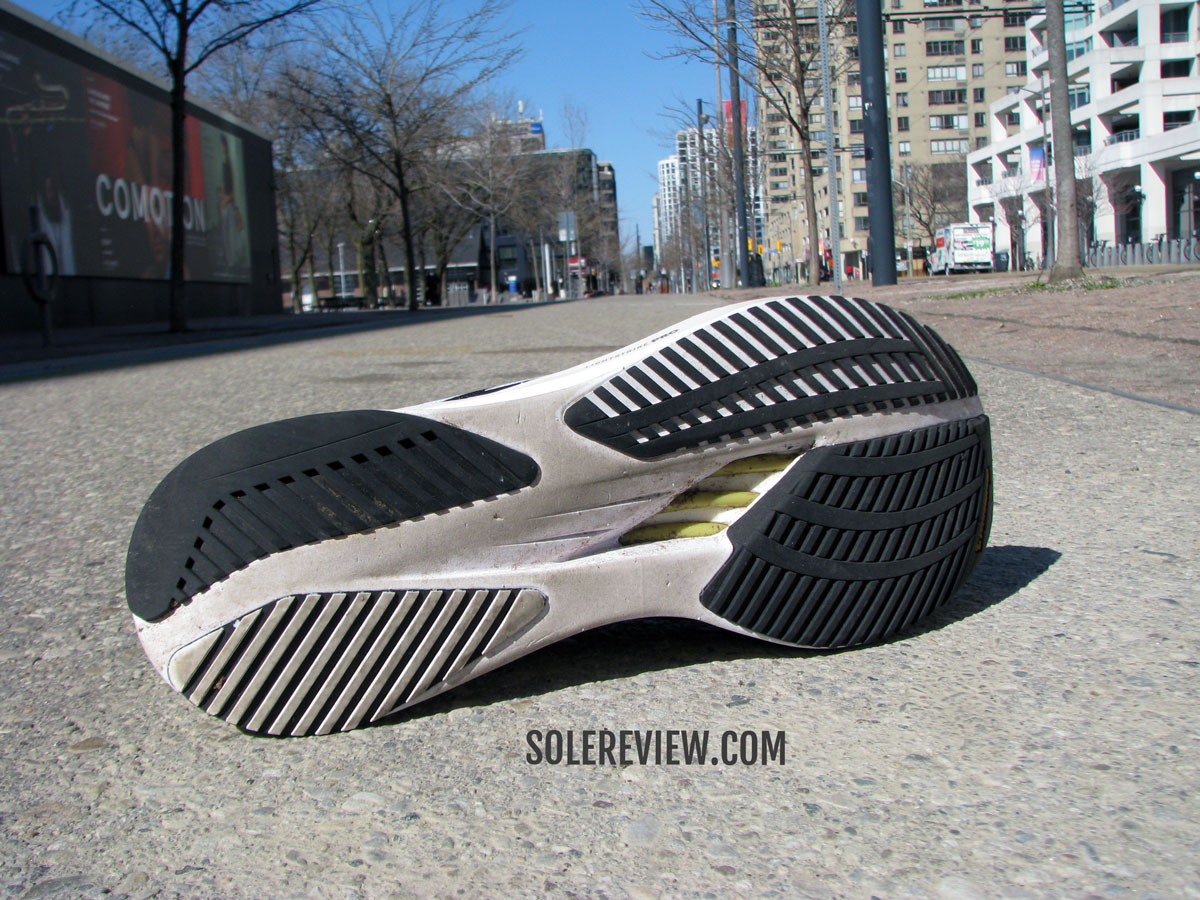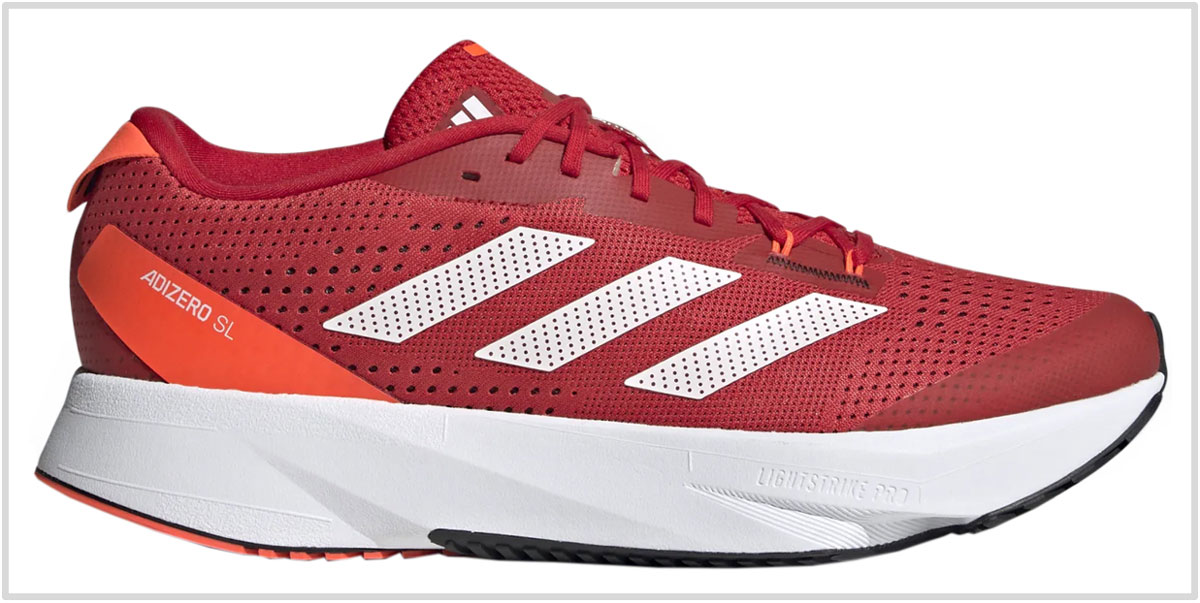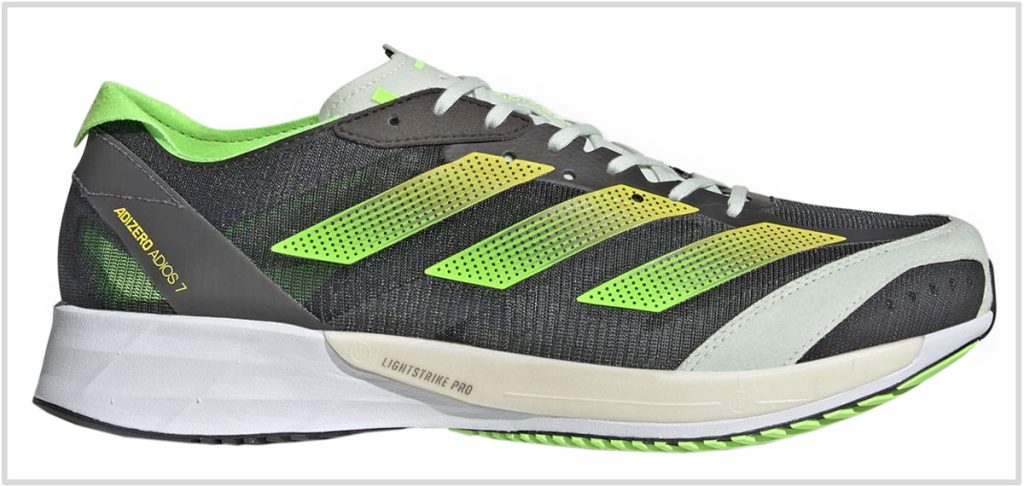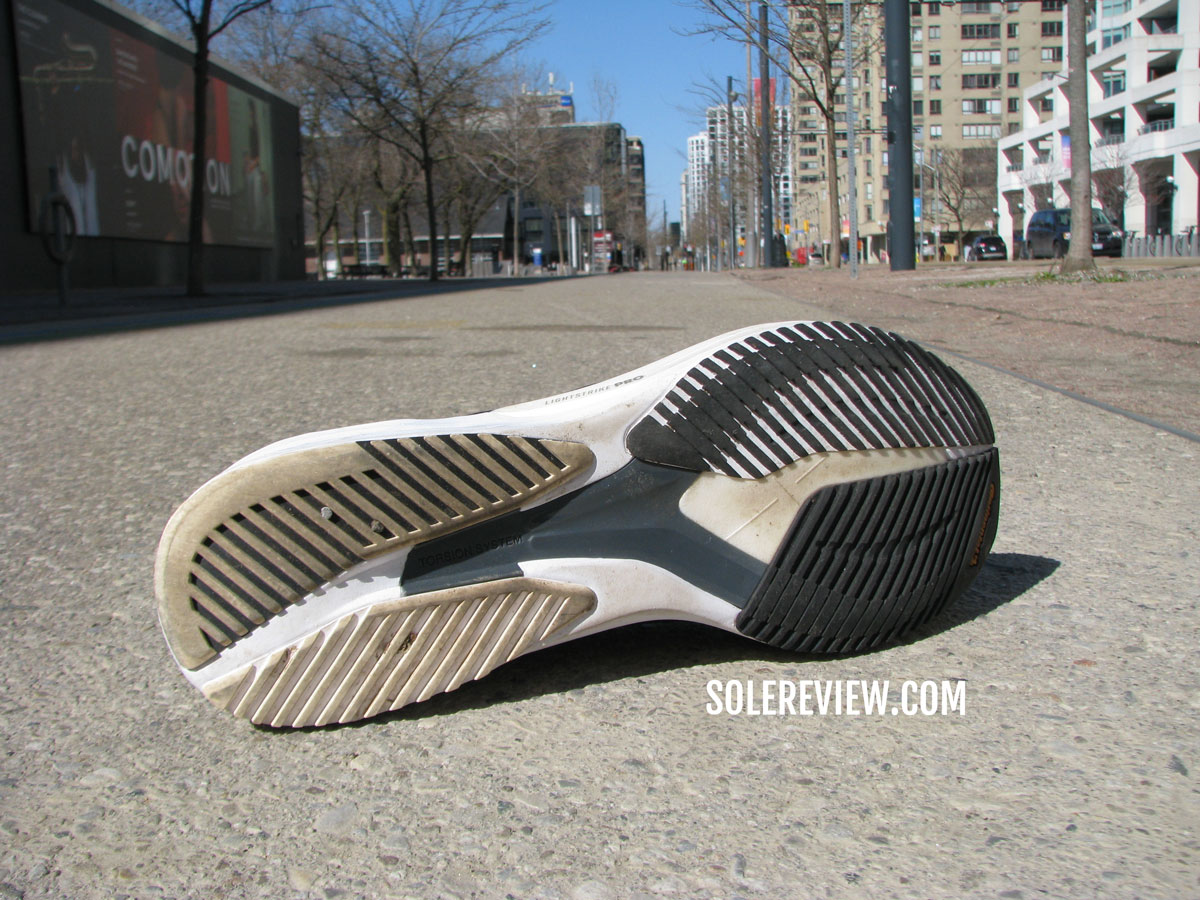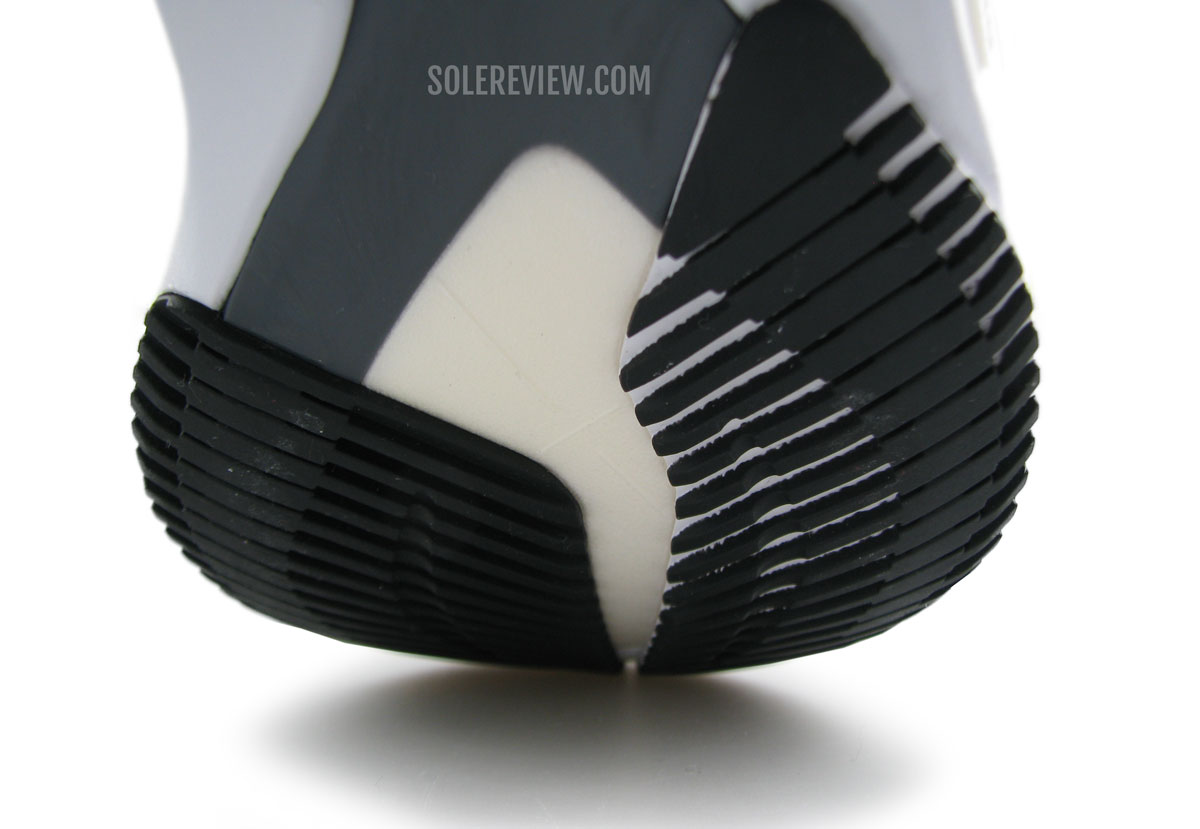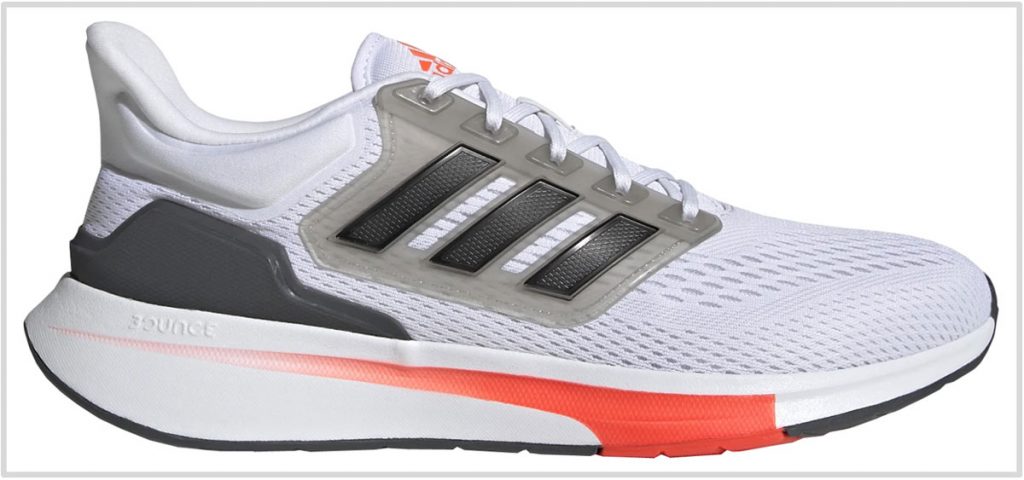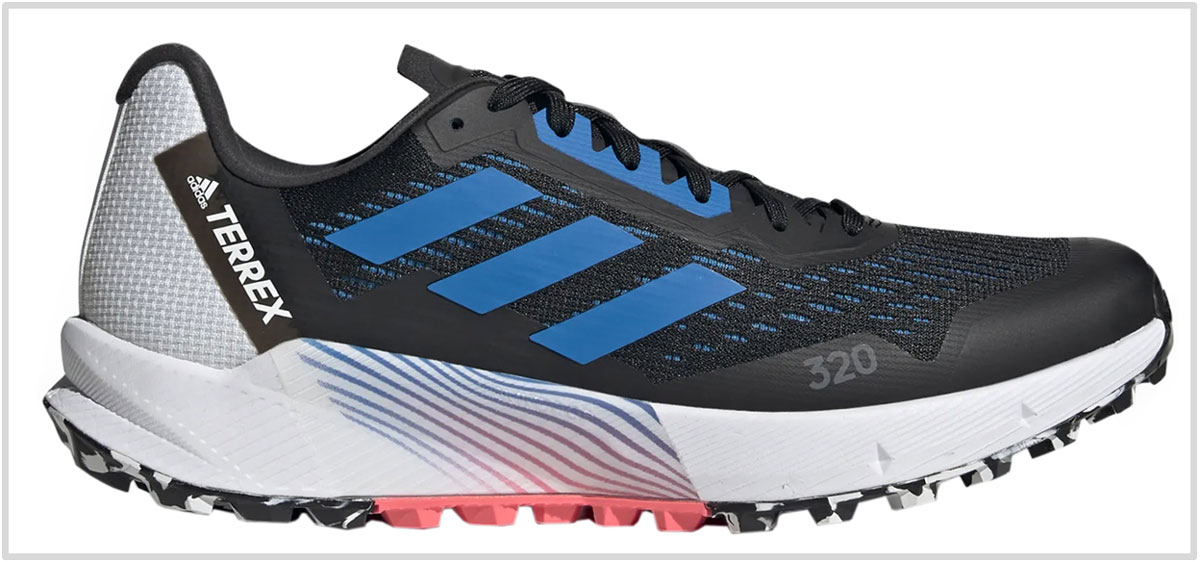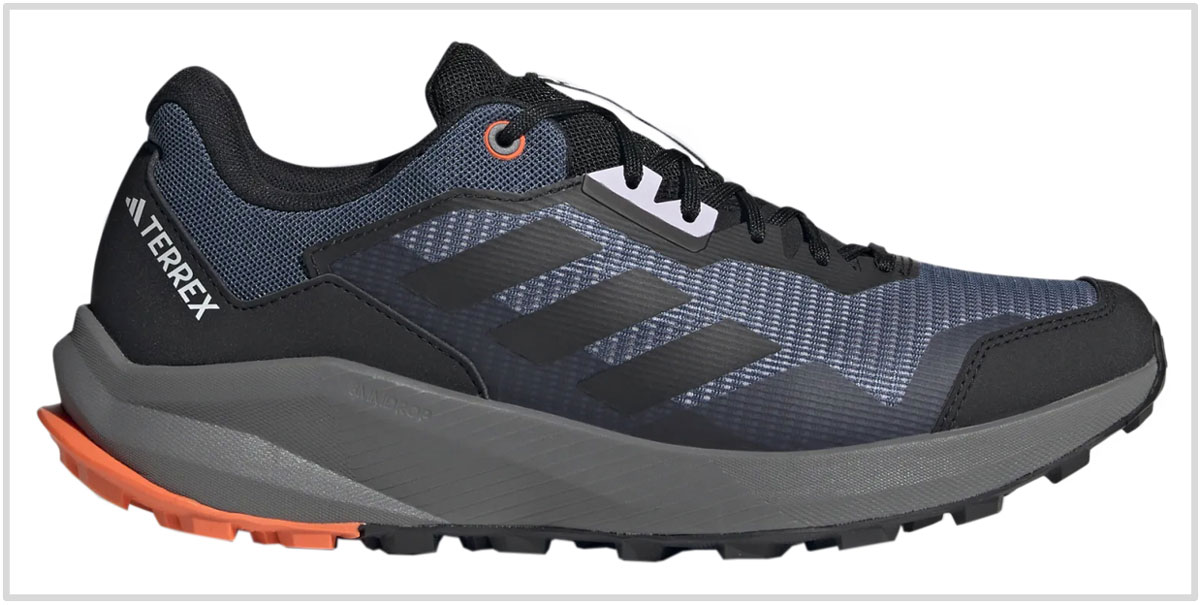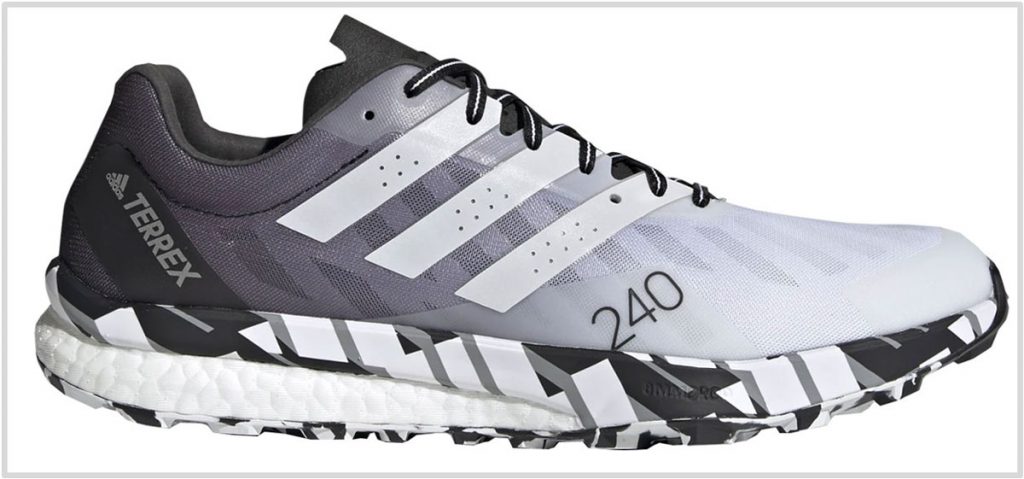This article has been updated with current models for February 2023. The adidas Solarglide 5, adios 6, adios Pro 2, Boston 10, and Terrex Agravic Flow have been replaced with their newest versions. The adizero SL, Supernova 2, Terrex Trail Rider, Terrex Speed Ultra, and Takumi Sen 9 are new additions. The Duramo SL, Solarglide 4 ST, SL20.V3, Terrex Speed Pro, and Terrex Two Flow have been removed. The preface has been completely rewritten.
In this product guide:
- 1. Background
- 2. Best for everyday runs: adidas Supernova 2
- 3. Best for easy runs and casualwear: adidas Ultraboost 22
- 4. Best for heavy runners: adidas Solarglide 6
- 5. Best for marathons: adidas adios Pro V3
- 6. Best for half-marathons: adidas Takumi Sen 9
- 7. Best for tempo runs: adidas adizero Boston 11
- 8. Best for 10K: adidas adizero SL
- 9. Best for 5K: adidas adizero adios 7
- 10. Best budget trainer: adidas EQ21 Run
- 11. Best for everyday trail runs: adidas Terrex Agravic Flow 2
- 12. Best budget trail runner: adidas Terrex Trail Rider
- 13. Best for fast trail runs: adidas Terrex Speed Ultra
Whatever happened to adidas? There was a time when the brand had a strong and diverse assortment of running shoes. There were capable everyday trainers, speed running shoes, and rugged trail running footwear.
In 2023, only the racing assortment (Adizero line-up) is adidas’s strongest suit. Neutral trainers are conscpicuous by their absence, as models like the adidas Ultraboost and Solarglide fare poorly when compared to the Nike Pegasus 39, Saucony Ride 15, or the Brooks Ghost 15.
Even the Mizuno Wave Rider 26 will run rings around the adidas Solarglide, so that’s saying something.
The problem with adidas is that it picks a narrow niche and then saturates it with several me-too products. Let us illustrate with specific examples.
The Ultraboost problem: This shoe is immensely successful, and not because it’s a versatile running shoe. It does well because it’s a great everyday sneaker that offers plenty of ride comfort and hard-wearing build quality.
By itself, the adidas Ultraboost is hardly a problem. It’s a great shoe for what it does, and we hope adidas keeps improving it.
The problem is that most of adidas’s non-racing line-up looks like some version of the Ultraboost 22. The Solarglide 6. The EQ21. The UltraBounce. And many other degrees of the Ultraboost.
This is quite different than sharing a similar design language; all these shoes look and feel bulky.
The trail running shoe problem – somewhat: adidas does reasonably well in the trail running shoe category. The Agravic Flow 2 isn’t bad at all, and the Terrex Speed Ultra is a very competent (and cushioned) trail runner for speed runs. On the entry-level price spectrum, the Terrex Two Flow has been adidas’s budget trail running shoe.
However, adidas has a problem with consistency.
Except for its adizero collection, they lack a go-to shoe in the regular trainer category. For example, where’s the adidas equivalent of Nike Pegasus or Brooks Ghost? For that matter, which adidas shoe competes with the Brooks Cascadia or Nike Pegasus Trail?
Sure, there are a few gems now and then, but none of them have continuity.
adidas should look east for inspiration. The reinvented Asics is what most running shoe brands should strive for. They have a strong line-up of neutral trainers and racers, while gradually making their trail assortment stronger. This is particularly commendable considering how rigid the Japanese tend to be in their thinking.
So what do we have here? Well, it’s a smattering of different shoes, with the adizero assortment holding the fort. For now.
1) Best for everyday runs: adidas Supernova 2
Within the neutral trainer category, the adidas Supernova 2 easily delivers the best value for its price. adidas also runs promotions from time to time, so the Supernova is often priced in double digits.
So what makes the Supernova 2 such excellent value? adidas uses its Boost tech to power the Supernova’s cushioning, and there’s a supportive EVA frame (Bounce foam) for stability. The outsole isn’t made of Continental rubber, but directly-injected TPU under the forefoot and heel provides durable traction.
The ride isn’t overly soft, and the EVA part of the midsole supports the foot during the gait cycle. These traits make the Supernova 2 a capable everyday trainer for runs of varying distances and speeds.
The lightweight mesh upper is breathable, secure, and padded in all the right places. It’s a pity that there’s only a single width available.
2) Best for easy runs: adidas UltraBoost 22
As a running shoe, the Ultraboost 22 is OK at best – its lumbering 12-ounce bulk makes running a chore, and the snug upper isn’t great for long-distance comfort.
Either way, the Ultraboost 22 adds value to the ecosystem of running shoes and sneakers. Unlike the lighter PEBA and TPE blend foams, adidas Boost is a hardy cushioning material with inherent stability and proven durability. So there’s no loss if the Ultraboost continues to exist in some form or the other.
For now, we have the Ultraboost 22. It is almost identical to the Ultraboost 21, because everything under the upper remains the same. The high-volume Boost midsole and Continental rubber outsole are the same as the previous version.
The ride is slightly softer than the 21 due to the redesigned lasting fabric, and the plastic cage receives a few modifications to make it more comfortable.
In short, the Ultraboost 22 offers limited running performance for low-intensity workouts. On the other hand, if it’s used as an athleisure sneaker, the high-volume Boost midsole offers plenty of everyday comfort.
3) Best for heavy runners: adidas SolarGlide 6
Last year, the adidas Solarglide 5’s release came as somewhat of a surprise.
It was nothing like the Solarglide 4, and the redesigned Boost midsole introduced a much higher level of stability – but at the cost of weight. The Solarglide 5 was much heavier than the SG4, so it was not as versatile.
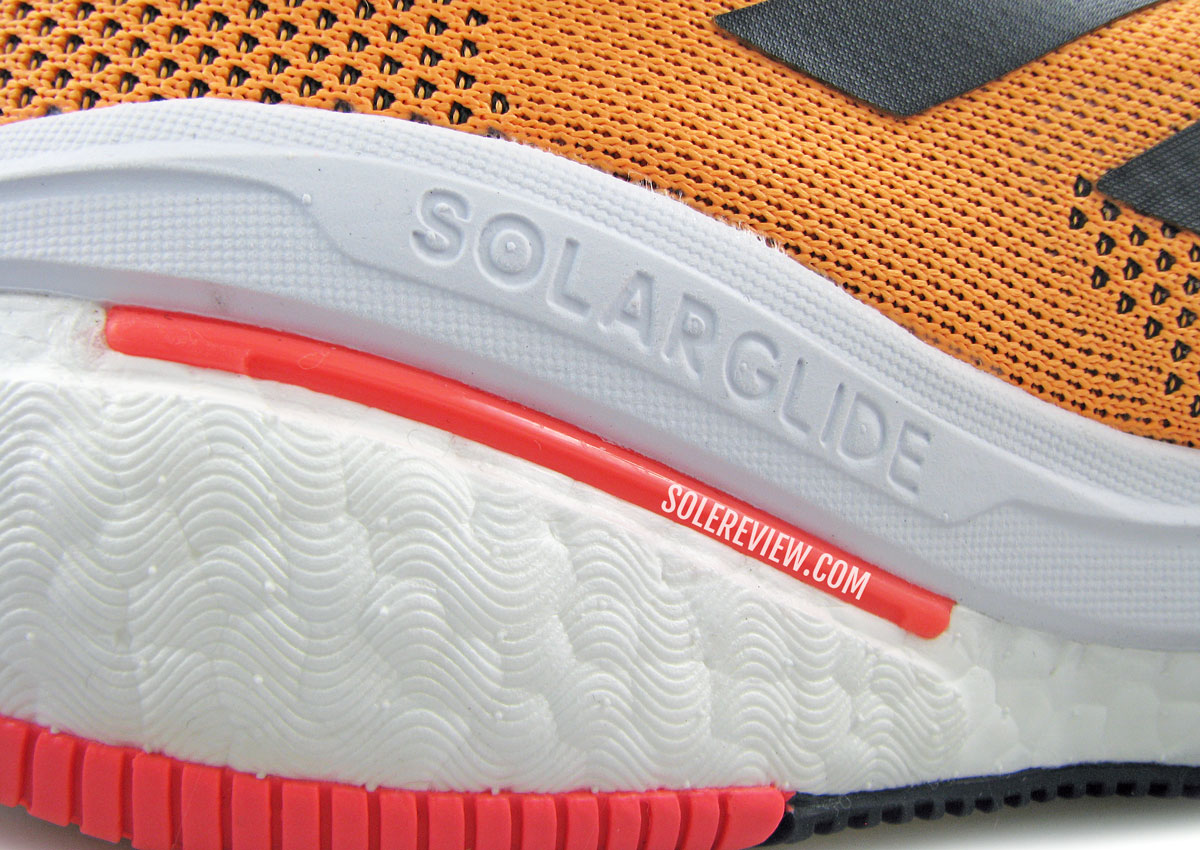
The LEP shank extends over the heel and forms a wing to stabilize the heel. The Boost midsole provides deep cushioning.
The Solarglide 6 shares an identical midsole and outsole with the Solarglide 5, so the ride character stays the same. Like the V5, the Solarglide 6 weighs over 11 ounces.
However, it’s a decent running shoe for running long distances at easier paces. It’s also extremely stable due to the larger LEP shank that extends upwards to create a supportive base. The firmer EVA rim on top of the Boost midsole also helps with the transition process.
These features make the Solarglide 6 ideal for heavier runners. The Boost core offers a high level of ride comfort, whereas the LEP extensions and EVA make the shoe extremely stable – more so than the Ultraboost. The 10 mm drop translates into a 36mm Boost foam stacked under the heel.
The engineered mesh upper packs plenty of interior comfort. However, the sizing runs a half-size short. If you usually fit into a US 9, your Solarglide 6 size will be US 9.5.
(Related read: The best running shoes for heavy runners.)
4) Best for marathons: adidas adios Pro V3
The adios Pro 3 is a mildly improved version of the Adios Pro 2. The changes made to the outsole and upper make this ‘tubed’ marathon racer superior to the previous model. Nonetheless, the underlying ride character is very similar because of the shared architecture.
Instead of a full-length Carbon plate with a flat profile, the adios Pro V3 uses parallel Carbon tubes under the midfoot and forefoot.
These ‘Energyrods’ do not deliver a springboard-like snap of shoes like the Endorphin Pro and Nike Vaporfly, but rather act as a transition assistance device.
The Adios Pro 3’s upper is new, and so are the midsole and outsole.
Just like the Adios Pro 2, the Pro 3’s midsole is made of two layers of Lightstrike Pro foam together with the Energyrods tubes. This setup delivers a comfortable yet snappy ride that’s now become a hallmark of cushioned high-end racers.
It’s worth mentioning that the rearfoot stability is one area where the Adios Pro 3 performs better than the Nike Vaporfly, Saucony Endorphin Pro, and even the last year’s Adios Pro 2.
While the ‘brushed’ Continental rubber outsole is similar to the Pro 2, the newest model has a TPU film under the inner rearfoot for a higher level of support.
On a related note, the Lightstrike foam Pro is firmer than the Nike ZoomX, New Balance Fuelcell, and Saucony Pwrrun PB. At this time, we’re not sure of what exactly this foam is made of; adidas doesn’t specify. The Carbon tubes work as intended to produce a speed-friendly ride that’s also comfortable enough for marathons.
5) Best for half-marathons: adidas Takumi Sen 9
For a very long time, the adizero Takumi Sen’s fame to claim was being a minimal, no-nonsense racing flat for short races.
The last year’s Takumi-Sen 8 changed everything. It abandoned the racing flat minimalism of the Takumi-Sen 7 in favor of ride comfort. Whereas the Takumi-Sen 7 was perfect for short-distance racing (like a 5K or 10k), the Takumi-Sen 8’s Lightstrike Pro midsole turned it into a completely different beast.
The new model’s 6 mm drop midsole had stack heights of 33 mm and 27 mm, thus making it a high-mileage racer rather than a racing flat.
The Takumi Sen 9 features the same midsole as the V8, so the 2023 model is a minor update.
The midsole delivers an identical blend of cushioning comfort and efficient transitions – thanks to the Lightstrike Pro foam and stiff ‘Energy Rods’ working together. Unlike other brands, adidas doesn’t use a flat plate. We explained how the Energy rods behave in our reviews of the adios Pro 2 and Boston 10.
The tall midsole stack makes the Takumi comfortable enough for half-marathons. Inside, the stiff tubes help guide the foot through the transition process. The flat sections of the Continental rubber outsole are inspired by the adios Pro, and grip extremely well.
The secure upper is very racer-like, and sticks to the basics. Only the heel has padded foam pods; the rest of the upper uses lightweight and breathable mesh with minimal layering.
6) Best for tempo runs: adidas adizero Boston 11
The previous model – the Boston 10 – was a brand new product that shared no parts with the Boston 9. The Boston 11 update is a lot more subdued, as this is an upper-only change.
The midsole is part EVA foam and part Lightstrike Pro. With a rear and front thickness of 39.5 mm and 31 mm respectively, this is a highly cushioned running shoe that goes the distance.
Even though half of the midsole is made of Lightstrike Pro foam, the ride has a firm character. The lower EVA section has a firm density, and even adidas’s answer to the PEBA foam – aka the Lightstrike Pro isn’t as cushy as say, the Nike Zoom X.
The forefoot and midfoot have ‘Energy rods’ as well – a set of parallel rigid tubes that serve as a transition device. And underneath all that are multiple slabs of hard-wearing Continental rubber. For $140, this is good as it gets.
So the resulting ride experience is cushioned with a firm overtone, the kind that makes the transitions efficient without punishing the feet.
The upper design hits the sweet spot between the old and new. The soft synthetic suede and mesh forefoot is a throwback to vintage racers, whereas the large inner sleeve adds modern-day comfort while preventing tongue slide.
7) Best for 10K races: adidas adizero SL
The newly-released adizero SL flies under the radar; it’s an underrated running shoe that’s a bridge between the adios 7 and Boston 11. Unlike the latter, the softer Lightstrike Pro foam is inside a firmer EVA (Lightstrike) outer midsole.
The cushioned ride is versatile enough for most training runs – its 8.5 mm offset (35 mm and 26.5 mm stack) goes easy on the Achilles while being comfortable enough for 10K runs.
Unlike the adios and Boston, the adizero SL doesn’t use Continental rubber outsole. In lieu, the layout and aggressive lug geometry is borrowed from the adios 7, so the traction is excellent during speed runs.
The all-mesh upper has a smooth and secure fit, and breathes well. the first two lacing rows are connected to speed loops to make the fit more secure. The minimal upper helps the adizero SL achieve its respectable 8.6-ounce weight.
Also see: adidas SL20V3.
8) Best for 5K races: adidas adizero adios 7
In our review of the new adios 6, we said that it was the old Boston 9 – a low-profile pacer that is easier on the feet than traditional racers. The adizero adios 7 has the same midsole and outsole as the adios 6, so how it feels under the foot hasn’t changed.
The adios 7 receives minor modifications to its upper. With its thin racing laces, synthetic suede overlays, and a breathable mesh exterior, the adizero adios 7 appears similar to many of the past versions.
Sure, there are modern touches like the foam-filled collar and inner gusset, but the upper fits and feels like a traditional racer. The narrow forefoot has a secure fit, and the thin laces cinch effectively for an excellent midfoot fit.
Just like the adios 6, there’s Lightstrike Pro foam under the forefoot and a firmer EVA stack under the heel. A plastic shank bridges the front and the rear, and the on-road traction is delivered by thin rows of Continental rubber strips.
To sum up, the adios 7 is a firmly cushioned shoe that’s excellent for speed runs and races. With heel and forefoot heights of 27 mm and 19 mm, the midsole doesn’t beat the foot down during 5-10K runs.
Also see: The adidas adizero RC 5.
9) Best budget trainer: adidas EQ21 Run
The EQ21 is an $80 neutral trainer that borrows its design language from the Ultraboost and Solar models.
The premise of this sub-$100 neutral trainer is fairly simple. Take an EVA foam midsole, aka ‘Bounce’ foam, add a full rubber outsole (not Continental, though), and finally top it off with a comfortable upper.
The design inspiration from the Ultra and Solarboost is apparent in the plastic midfoot frame, heel stabilizer clip, and the Achilles lip.
The engineered mesh upper breathes and fits well – the padded Achilles lip and collar deliver a comfortable and secure heel fit. Adidas makes partial use (10% content) of recycled materials (Primegreen) upper.
The EQ21 does what’s supposed to. The ride delivers sufficient comfort and stability for daily runs, and the outsole grips well and adds miles to the overall lifespan.
Also see: The adidas Ultrabounce.
10) Best for everyday trail runs: adidas Terrex Agravic Flow 2
The Terrex Agravic Flow 2 sets itself apart from the crowd with its supportive ride character.
It is the only trail (that we know of) running shoe that uses a medial post. Well, kind of. The medial post in question isn’t made of a firmer firm, but a TPU film that adidas calls ‘Pro-moderator’. And if that term sounds familiar, that’s because adidas stability shoes in the late 90s and early 2000s had Pro-moderator medial posts.
The firm cushioning is delivered by the Lightstrike EVA foam, and the TPU film on both sides of the midfoot provides additional stability. There’s also a full-length Pro-moderation film inside the midsole that serves as a rock shield.
The generous stack heights (28 mm rear and 20 mm forefoot) add the necessary levels of ride comfort. The traction comes from the Continental outsole with its widely-spaced 4 mm tall rubber lugs. This configuration makes the Terrex Agravic Flow 2 cushioned enough for regular trail runs, yet stable enough for quicker trail runs.
The upper does a good job of balancing a breathable fit with protective detail. The engineered mesh allows the air to circulate, and the fused toe-bumper and reinforced sides are effective splash guards. The eyelets on the thick lacing panel make it easy to customize the fit.
If you’re looking for a less expensive option, the Terrex Trail Rider(see next) is Solereview’s pick.
11) Best value trail running shoe: adidas Terrex Trail Rider
The Terrex Trail Rider is a well-priced ($110 retail) trail running shoe that’s surprisingly versatile for its price band.
The tried-and-tested Continental rubber outsole grips well over most terrain. Large lugs are widely spaced to reduce clogging while delivering adequate bite. There’s even a lightweight rock shield inside the midsole.
There’s no Boost here, but you do have the Lightstrike EVA – yes, of the SL20 and adizero SL fame. While the ride is firm, there’s sufficient comfort and stability for non-technical trails.
The upper combines a durable mesh with fused overlays and a stitched toe bumper for protection. The lining isn’t waterproof, so do not expect any water resistance. This shoe is gusseted, so the tongue is effective at keeping debris out of the shoe.
Buy this shoe if your trail running route doesn’t involve extreme grades, and very uneven surfaces. The Terrex Trail Rider works best on non-technical terrain.
12) Best for fast trail runs: adidas Terrex Speed Ultra
This is an underrated trail running shoe that doesn’t receive the attention it deserves.
True to its name, the Terrex Speed Ultra is designed for higher-paced trail runs. While it competes with the likes of the Saucony Peregrine, it differentiates itself through its higher level of comfort.
Think of the Terrex Speed Ultra as an adizero Adios for the trail.
The Boost foam provides ride comfort over harsh terrain, and the firmer Lightstrike EVA frame and Torsion shank add stability. This is an 8 mm offset trail shoe with an 18 mm forefoot and 26 mm heel, so the heel is cushioned while the forefoot is thin enough for sufficient ground feedback and stability.
As a result, there’s decent proprioceptive feedback from the low-profile midsole. The forefoot has a dense colony of 2.5 mm lugs that are made of Continental rubber, and that results in excellent grip over dry trails. However, this design isn’t ideal for slushy trails due to the narrowly-spaced lugs.
The upper is designed like a road-going adios. The snug fit keeps the foot securely locked down, and only the heel is padded. There are trail-specific features – like a protective toe bumper and the side mud guards. The adidas 3-Stripe logo is reflective for low-light visibility.
Do you own any of these shoes? Improve this review by sharing your insights – submit a review here.

